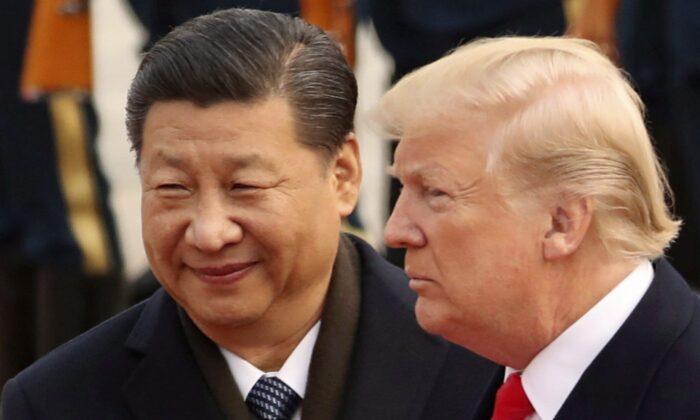In the past week, during the routine renewal of their press credentials—which are normally valid for a year—several journalists were handed a letter that said their applications were being processed, instead of a new press card. They were advised to carry the letter along with their expired press cards as proof of journalistic identity.
Since their Chinese visas are tied to their press cards, these journalists were issued a new visa valid for only about two months, much shorter than the usual one year.
Chinese authorities have made clear that the temporary press credentials—and the visas linked to them—can be revoked anytime, leaving affected journalists in a limbo without knowing for sure how long they would be able to remain in China.
CNN correspondent David Culver, who is American, is among those impacted by Beijing’s latest move. CNN has learned that reporters being targeted include both U.S. and non-U.S. citizens from several major U.S. media outlets, including the Wall Street Journal.
Culver was told by Chinese officials that the new restriction had nothing to do with his reporting but was a “reciprocal measure” in response to the Trump administration’s treatment of Chinese journalists in the United States.
A CNN spokesperson on Sunday confirmed Culver’s new shortened visa.
“One of our Beijing-based journalists was recently issued a visa valid for two months, instead of the usual twelve,” the spokesperson said. “However, our presence on the ground in China remains unchanged and we are continuing to work with local authorities to ensure that continues.”
In May, Washington limited the duration of stay for most U.S.-based Chinese journalists to 90 days. Beijing claims none of its journalists has heard back from U.S. authorities on the status of their latest applications for visa extension, which they say has seriously disrupted their work and life.
If no approval is granted, the Chinese journalists will have to leave the United States by early November, exactly when Culver’s new Chinese visa is set to expire.
Earlier this year, Beijing effectively expelled about a dozen journalists from The New York Times, The Washington Post and The Wall Street Journal after the Trump administration capped the number of Chinese nationals allowed to work in the U.S. offices of China’s state-run media, resulting in major staff cuts in these operations.
Since then, Washington has designated a growing number of U.S. offices of China’s state-run news organizations as “foreign missions,” requiring them to file paperwork with U.S. authorities on their finances and personnel. Beijing has hit back by demanding the same of multiple U.S. outlets in China.
David Stilwell, the U.S. State Department’s Assistant Secretary for East Asia and Pacific Affairs, has said the Chinese outlets were given the designation because the U.S. government views them as propaganda outlets “effectively controlled by the (ruling) Chinese Communist Party” rather than independent news organizations.
In a press conference in Washington on Wednesday, Stilwell said Beijing’s “reciprocal” moves against U.S. media were retaliations “grossly out of proportion to our simple desire to balance this relationship.”
“There’s 150 or more Chinese diplomats here—Chinese state media folks who work for the ministry of propaganda here in the U.S. operating without restriction, and there’s only a handful of American journalists left in China right now,” he said. “Let’s paint that picture so everybody understands what we’re talking about.”





Friends Read Free